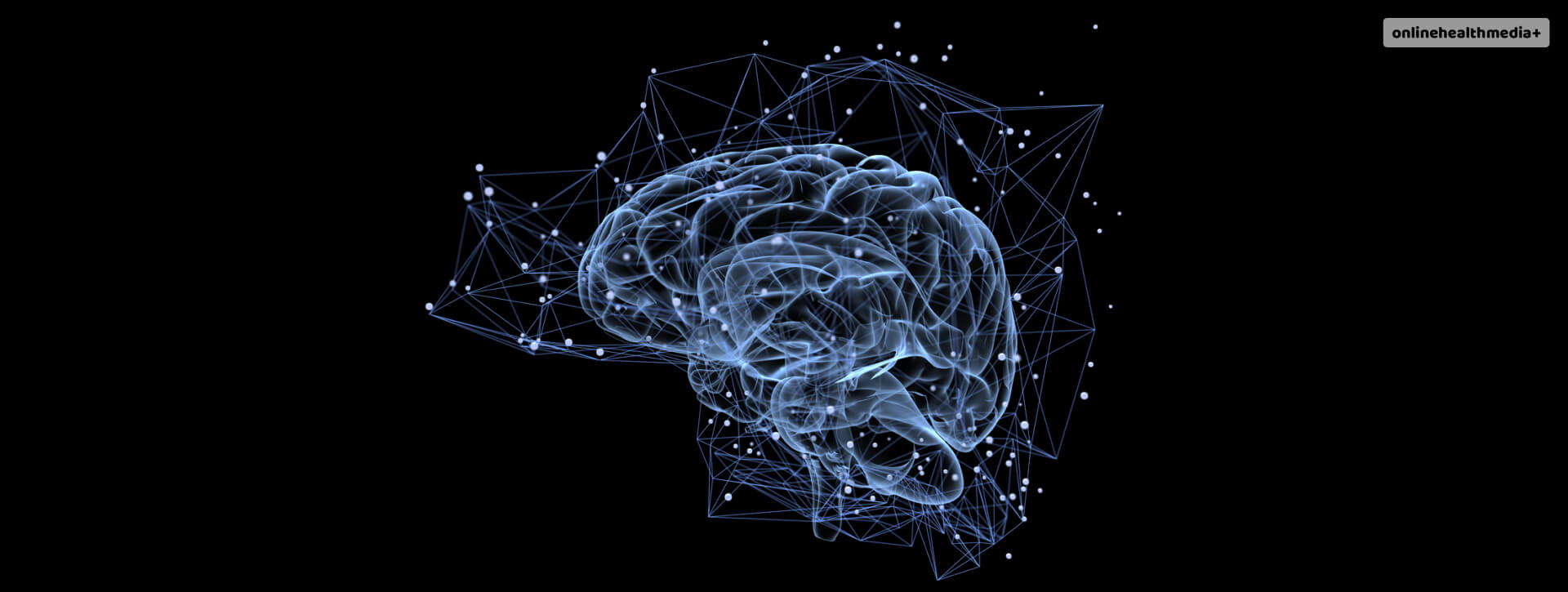Study: Brain’s Relay Station, The Thalamus, Crucial For Adult Learning
Our brains are remarkable in their ability to adapt and learn, a phenomenon known as plasticity. The Netherlands Institute for Neuroscience reveals that the thalamus, a relay station for incoming sensory information, plays a crucial and unexpected role in this process (Source: ANI News). This discovery could open doors to potential therapies, says Christiaan Levelt, one of the researchers.
Learning new things is a complex task that demands a lot from our brains. The brain’s ability to change and adapt, especially in response to new experiences, is called plasticity. During our developmental years, there are periods when our brain networks are highly plastic, known as critical periods. However, even in adulthood, our brains are capable of adapting, although the exact mechanisms behind this process have remained somewhat mysterious.
To shed light on this question, scientists led by Yi Qin, with guidance from Christiaan Levelt, investigated the visual system of mice. Mice are a popular choice for studying plasticity because their visual system is relatively easy to manipulate. Visual information starts in the retina and then travels to the thalamus, which acts as a relay station before sending the processed information to the visual cortex and vice versa.
A clever experiment with mice demonstrates just how adaptable the adult brain can be. When one eye of a mouse is covered for several days, the visual cortex starts responding less to the covered eye and more to the open one. How exactly this process is controlled has been a puzzle for scientists for a long time. However, the latest findings shine a spotlight on a previously underestimated player: the thalamus.
The thalamus, it turns out, is a key player in this brain adaptation process. It helps in rerouting information and adjusting how the brain responds to sensory input. This discovery challenges the conventional belief that the cortex is the primary hub for such adaptations in the adult brain.
Understanding the role of the thalamus in brain plasticity could open up new avenues for therapies and interventions that harness this mechanism to help people learn and adapt more effectively, particularly in cases where brain injuries or disorders hinder normal plasticity processes. While there is much more to uncover, this research highlights the incredible complexity of our brains and their capacity for change, even in adulthood.
More Resources:
- Alpha Brain Review: Is It The Best Brain Supplement
- Study: Proper Sleep Linked To Decreased Risk Of Alzheimer’s, Cleans Your Brain
- What Are Brain Disorders? Symptoms, Treatment, And Prevention



